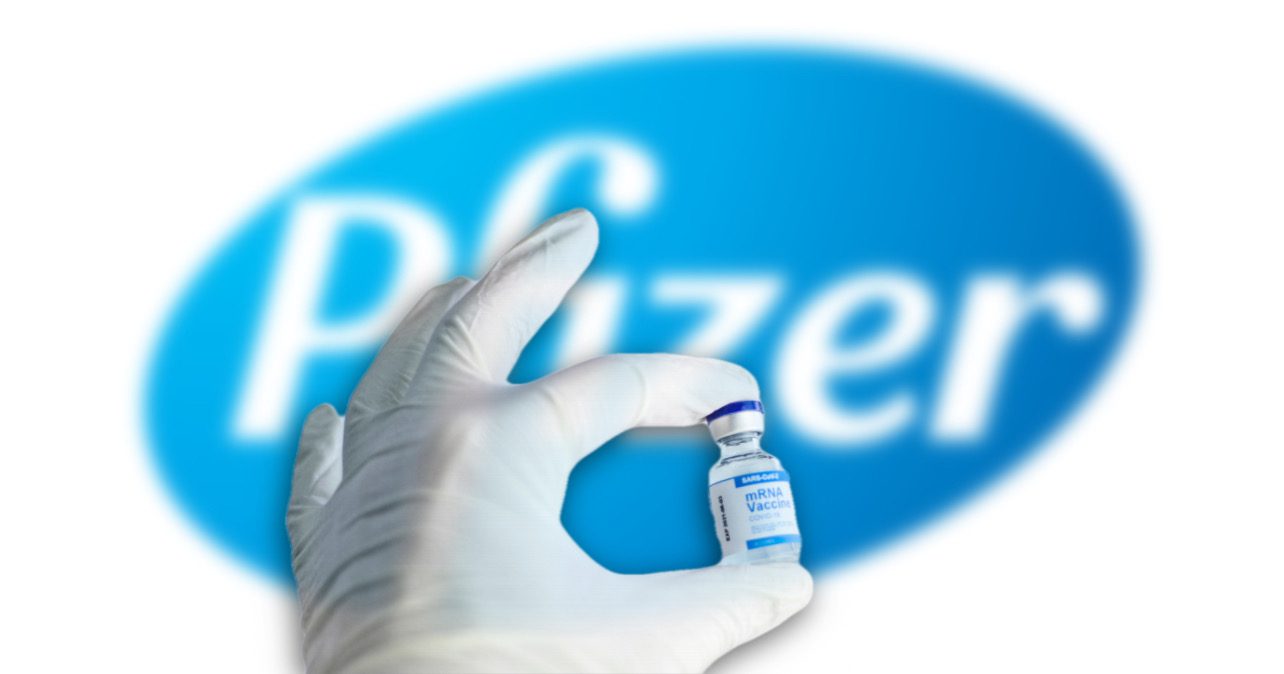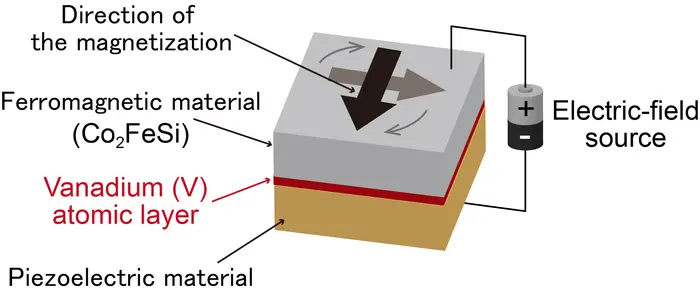
According to a recent ruling by an Uruguayan judge, the government and the pharmaceutical company Pfizer must provide all the information they have on the COVID vaccine’s biochemical composition, including any evidence of “graphene oxide” or “nanotechnological elements,” as well as proof of the vaccine’s efficacy and safety.
Administrative Litigation Court (TCA) Judge Alejandro Recarey made the order in response to a request to suspend the immunization of children in Uruguay.
According to the court order released on Saturday, Judge Alejandro Recarey ordered the Presidency, the Ministry of Public Health, the State Health Services Administration (ASSE), and Pfizer to present all the information on Covid-19 vaccines within 48 hours.
On Thursday, Judge Alejandro Recarey ordered to suspend the COVID vaccination of children under 13 years of age as long as certain conditions are not met, El Observador reported.
JUST IN – Judge in Uruguay suspends injections of Pfizer’s mRNA vaccine in children under age 13 until certain “conditions” are met, including contract disclosure. https://t.co/OkT5oHWaXK
— Disclose.tv (@disclosetv) July 7, 2022
More from El Observador [AI-translated]:
The suspension will continue until certain “conditions” are met. One of them is that “publish or publish in full and without proof, all purchase contracts for these vaccines. As well as all documents attached to them, especially all those that detail the composition of the substances to be vaccinated.” Another condition that the ruling requires is that “a text be drawn up – to be supplied to those responsible for minors who are vaccinated – to report fully and clearly on the following points:
• The composition of the injectable substances (all the elements they contain, of whatever nature).
• The benefits of the vaccine.
• The risks you have in detail of their nature, probability, magnitude and, if possible, time of occurrence.
• Clarify that the substance has only emergency authorization and not definitive, explaining in terms simple what difference do these two types of permissions make in specific order to private weighting of the above risks.
• That the adverse effects already detected be detailed, in their entirety by regularly updating this information.
• The controls to which the State is obliged by art. 2 inc. 5 of Law No. 9202 are carried out.
The MSP is going to “conform and appeal” the decision, as the Undersecretary of Health, José Luis Satdjian, told El Observador. He has three days to appeal.
























































